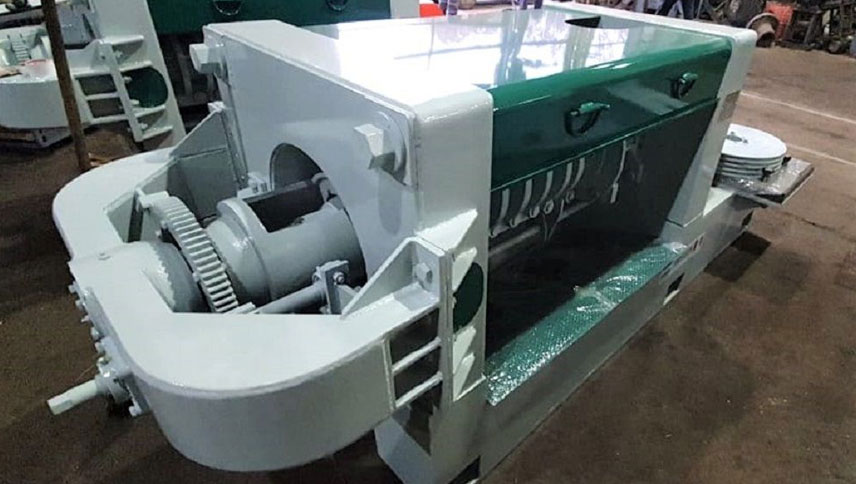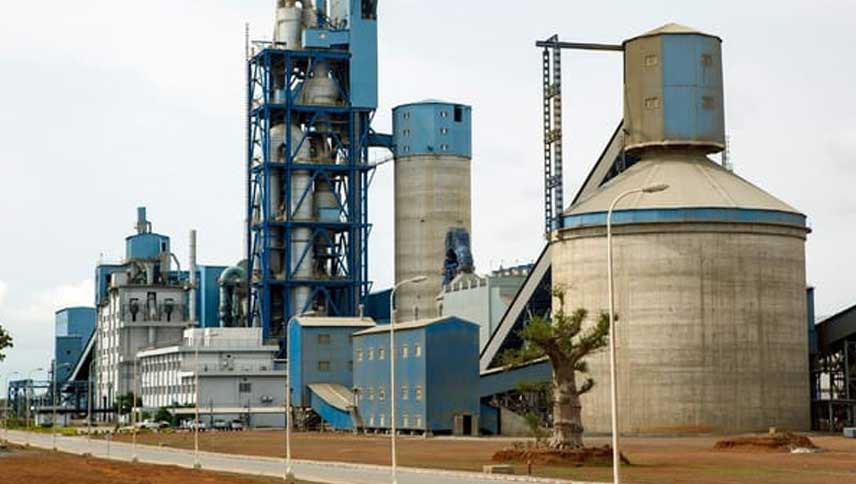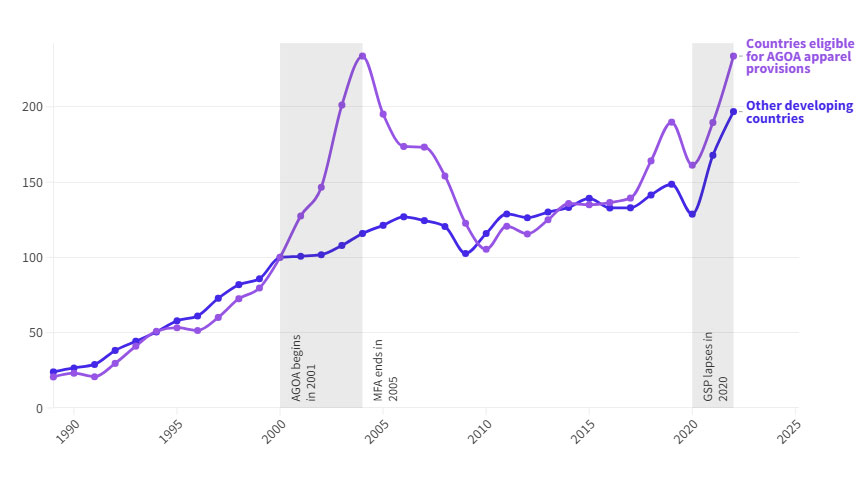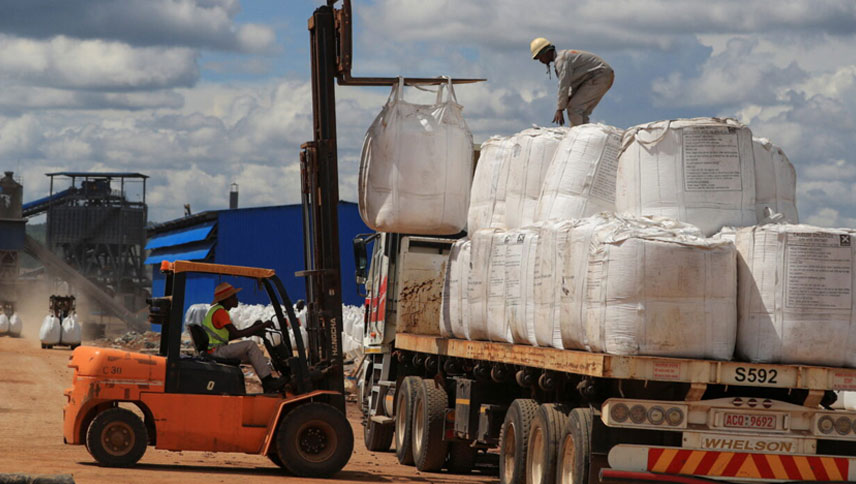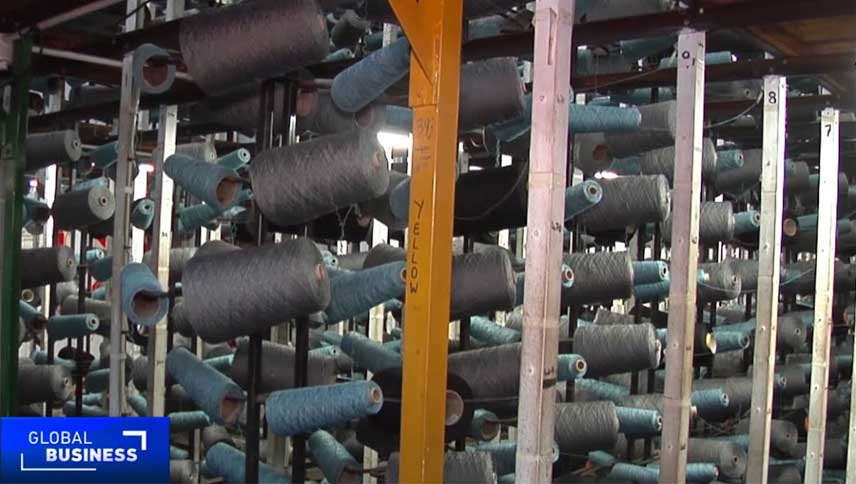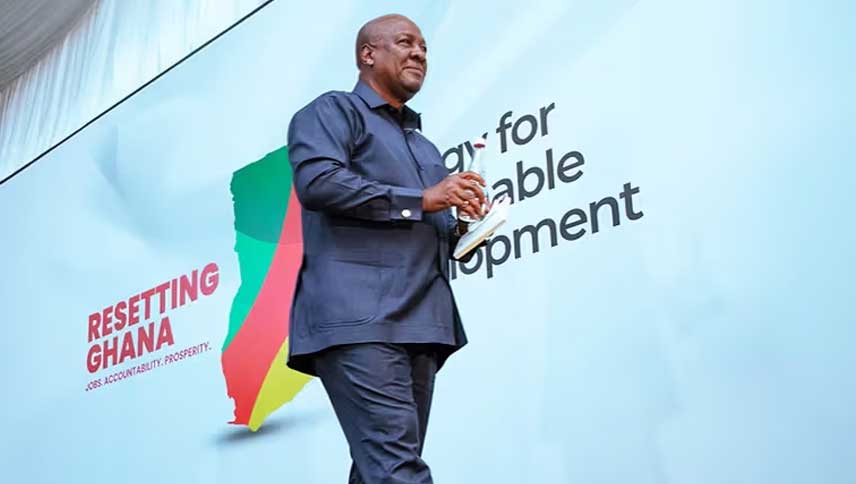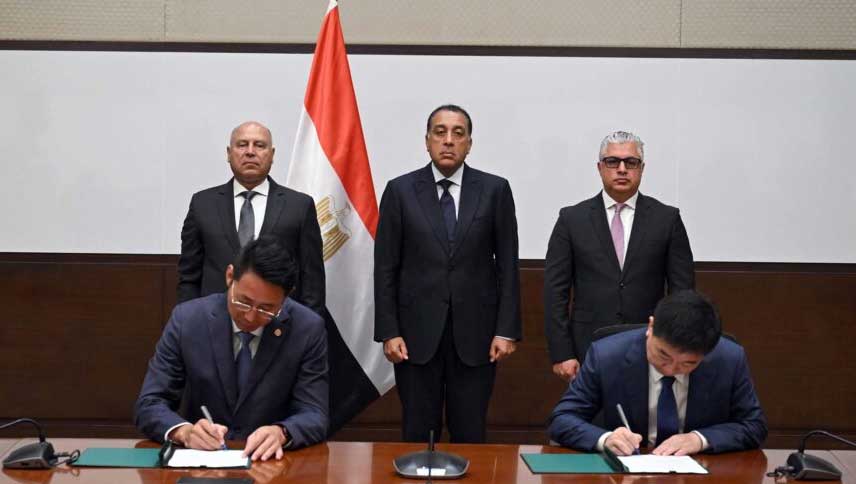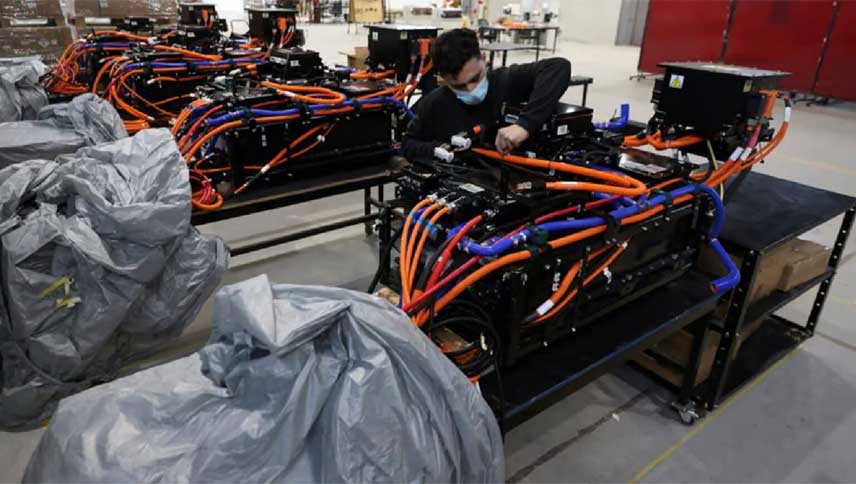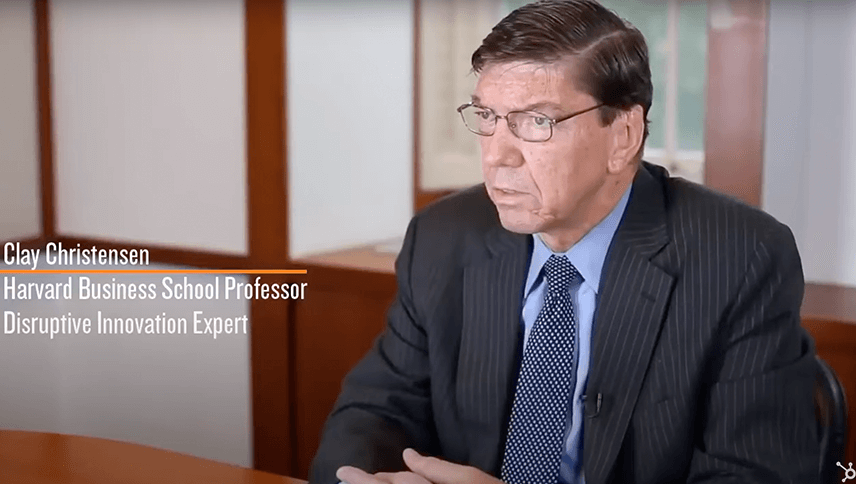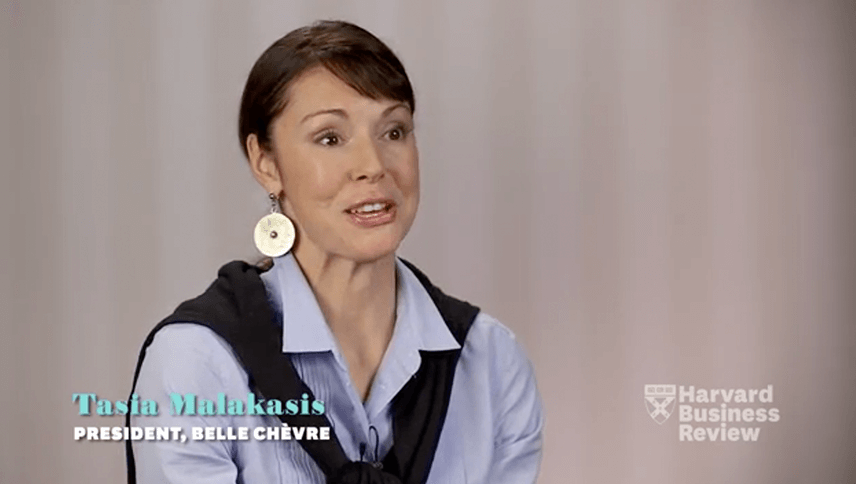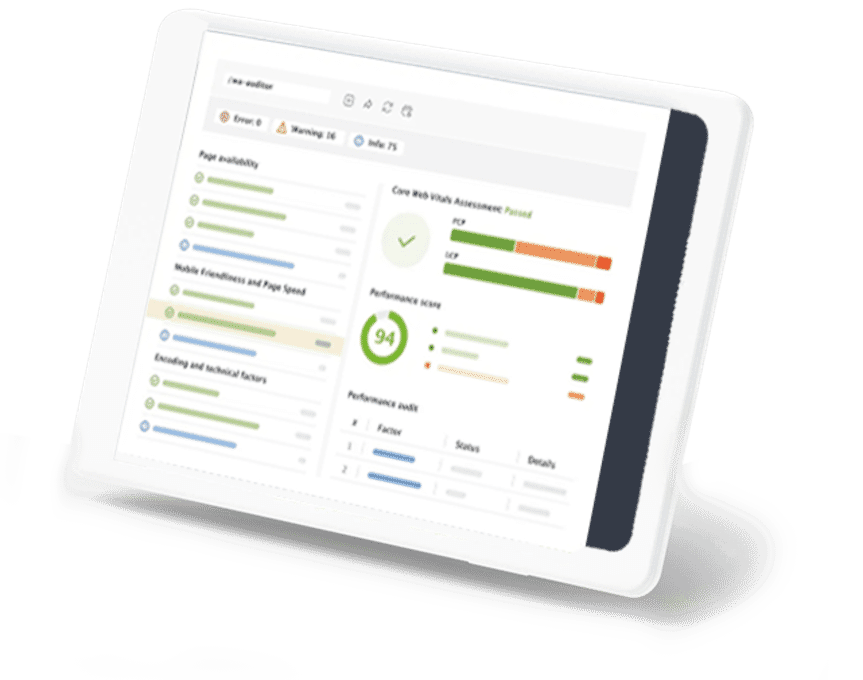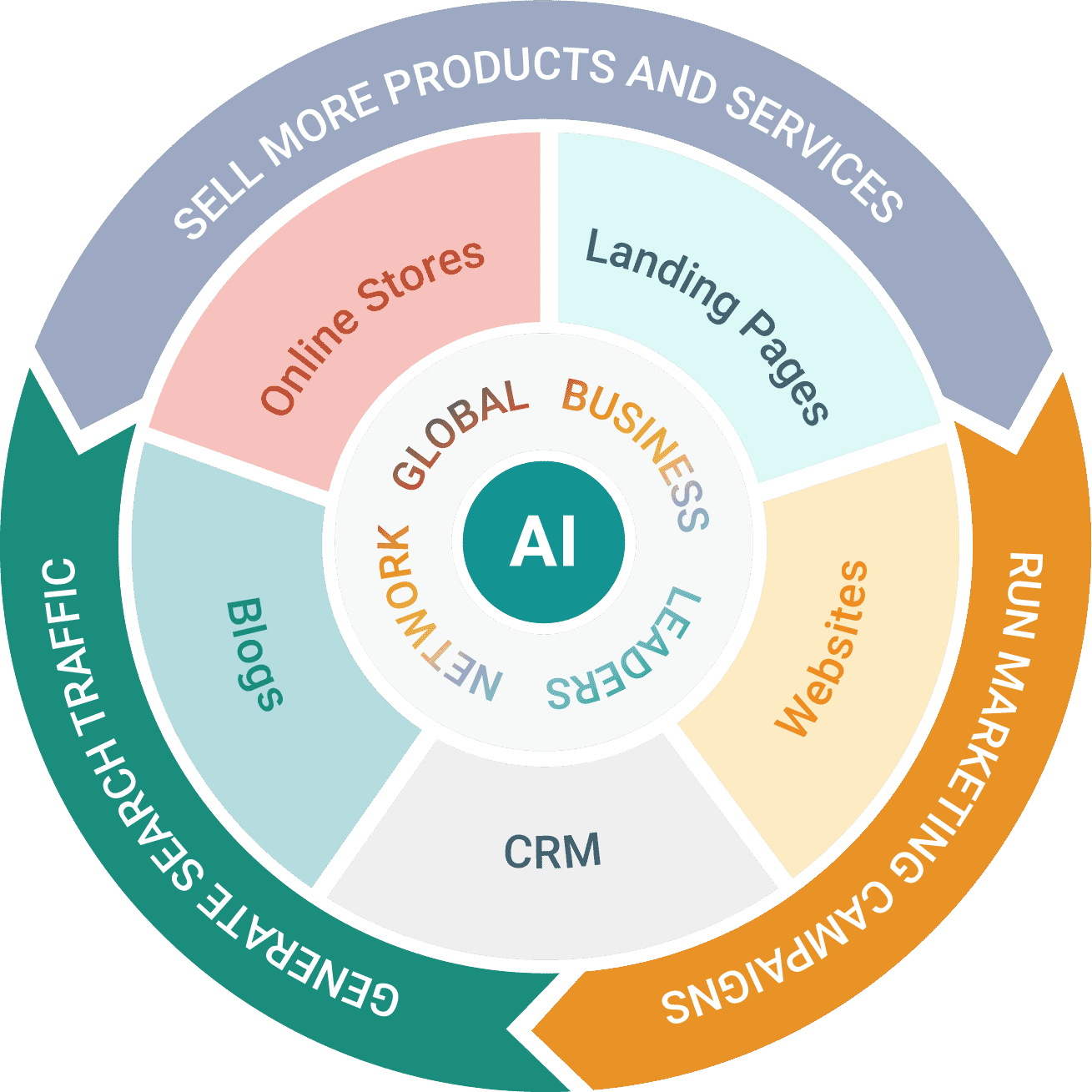Dangote’s Mega Industrial Revolution! Unveils Manufacturing Plants Set To Change Africa FOREVER!
The New Africa Wealth
Jun 15, 2025
Voice Over: In a country hungry for economic transformation and struggling to reduce its dependence on imports and oil revenues, Africa’s richest man. Alico. Kote has once again emerged with a blueprint that could redefine Nigeria’s Industrial future in a striking series of announcements made during a visit to the Nigerian Ports Authority in Lakers.
Dangote revealed that his industrial empire is set to launch a trifecta of projects, coal, fertilizer, and polypropylene plants that are expected to inject billions into Nigeria’s economy and open the floodgates of foreign exchange earnings. But this is more than just another corporate expansion. It is a strategic pivot that may catapult Nigeria into a new era of industrial self-reliance and economic sophistication.
To understand the magnitude of this Revelation one must first understand the man behind the vision Aliko. Dangote is not merely a businessman. He is an institution in his own right. As the founder and chairman of Dangote Industries limited his business footprint span cement, sugar, salt oil, refining, and now increasingly into petrochemicals and agribusiness worth over $23 billion.
Dangote has consistently topped Forbes list of Africa’s wealthiest individuals and is widely regarded as the continent’s most influential industrialist. His legacy goes beyond numbers. He has been a key architect of economic opportunity in Nigeria, providing jobs, driving industrialization, and inspiring generations of African entrepreneurs to believe that global empires can be built on African soil Vango.
TE’s investments have long aligned with national development goals from building Africa’s largest cement plant in OBA to launching a $19 billion oil refinery. He has made it his life’s work to replace import dependence with homegrown capacity. Now he’s doing it again this time with a multi-billion dollar investment in coal, fertilizer, and polypro piling production.
Each of these projects addresses a different dimension of Nigeria’s economic vulnerabilities and taken together they form a formidable strategy to strengthen the country’s industrial resilience.
First on the list is coal. A natural resource that Nigeria has in abundance but has historically underutilized. According to Dangote, the company will begin exporting coal out of Nigeria in the coming weeks, opening a fresh revenue stream for Dangote industries, and more importantly for Nigeria’s foreign exchange reserves.
The coal initiative represents a deliberate attempt to monetize an undervalued resource at a time when the global energy market is shifting and industrial fuels remain in high demand. With cement already being exported from Dangote, 6 million ton facility in at Tori, the move to coal Mars, a natural extension of an already successful export strategy.
It could also have strategic domestic benefits, including energy generation for industrial uses, and a partial cushion against the volatility of international oil prices.
Next comes the fertilizer project, arguably the crown jewel in Dangote. Recent announcements with a production capacity of 3 million metric tons per year. The Dango hay fertilizer plant is already the largest granulated uria complex in Africa. However, the company is now preparing to scale up exports to around 16,000 metric tons per day over the next two years.
Dango Day projects that this alone could bring in between $6.5 million and $7 million in daily revenue. Such an inflow is not just impressive. It’s transformative At a time when Nigeria is grappling with a foreign exchange crisis and a depreciating era, these fertilizer exports could provide a much needed financial buffer, but the implications go beyond dollars and cents.
Fertilizer is the lifeblood of agriculture and Nigeria with over 70% of its population engaged in farming stands to benefit immensely. The domestic availability of fertilizer has already helped reduce the country’s reliance on imports, lowered production costs for farmers, and improved food security.
Now as Nigeria begins exporting fertilizer in large volumes, it also positions itself as a regional powerhouse in agricultural inputs serving neighboring countries while earning foreign exchange.
Then comes the third component of Dango, TE’s latest economic, offensive poly rep. Replying. This petrochemical product is essential to the manufacturing of packaging, textiles, automotive components, and countless other goods. Currently Nigeria imports about 90% of the 250,000 metric tons. It consumes annually, resulting in a significant outflow of capital.
Dangote is poised to reverse this dynamic. The company plans to produce between 600,000 and 700,000 metric tons of polypropylene per year. Not only satisfying local demand, but also enabling exports. Nigerian manufacturers estimate that this shift could save the country and estimated $267 million annually the production of polypropylene also synergizes well with dango tape’s, expanding petrochemical footprint, including his massive oil refinery project in Lakers by integrating the supply chain from crude oil to plastic products.
Dangote is creating a vertically aligned industrial ecosystem that few African economies have ever achieved.
So what did these projects mean for Nigeria in the grand scheme of things? For starters, they market decisive step toward economic diversification. A goal that has alluded Nigerian policymakers for decades. By investing in coal, fertilizer and polypropylene dangote is reducing the country’s dependence on oil boosting non-oil exports, and creating thousands of jobs.
These industries will also stimulate ancillary sectors, transportation, logistics, packaging and energy, creating a multiplier effect across the broader economy. Moreover, the inflow of foreign exchange from exports will help stabilize the nara, improve Nigeria’s credit ratings. And potentially reduce the need for foreign loans
on a geopolitical level. These projects elevate Nigeria standing in regional and global trade with neighboring countries, often reliant on imported fertilizers and petrochemical products from Europe or Asia. Nigeria could soon become a preferred supplier. Strengthening its influence within Echo was and the African continental free trade area.
This also aligns with the broader Pan-African vision of industrial integration and value added production, which Dangote has long championed. The ripple effects are also socioeconomic as demand for technical skills in petrochemicals and agribusiness grows. Nigeria will be forced to invest in vocational training and education building human capital for the future.
Furthermore. As industries become more self-sufficient, Nigeria’s vulnerability to global supply chain disruptions, such as those experienced during the COVID-19 pandemic will diminish. This isn’t just industrialization, it’s insulation against global economic shocks.
In the end, what Dangote has unveiled is not merely a trio of new factories. It is a masterclass in economic foresight. A bold bet on Nigeria’s future made by a man who has repeatedly proven his ability to turn industrial dreams into concrete reality. These projects are not just about revenue production or export statistics.
They represent a larger vision of what Nigeria could become a manufacturing giant, an exporter of value added goods, and an economy driven by self-reliance rather than dependency. If successful, Dango, TE’s New Ventures could redefine the Nigerian economic narrative for decades to come in a time of uncertainty.
His announcement provides something increasingly rare, a tangible reason to believe in the promise of Nigerian industrial greatness. Your perspective matters. What do you make of dangote, multimillion dollar, coal, fertilizer, and polypropylene projects? Share your thoughts and insights in the comments section below.
If you like this video, be sure to subscribe to the new Africa Wealth and turn on the notification bell so you don’t miss any of our informative future videos. Stay informed, stay engaged, and thank you for watching.
Source: https://youtu.be/eOinPJZScwE

